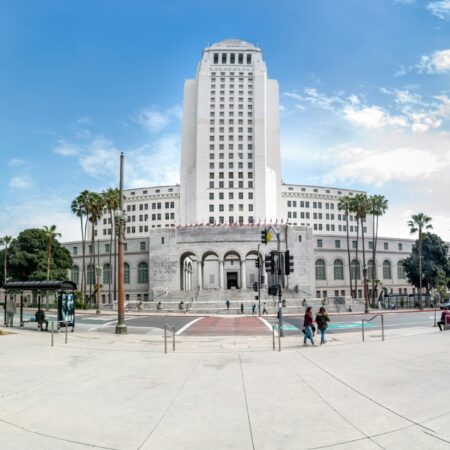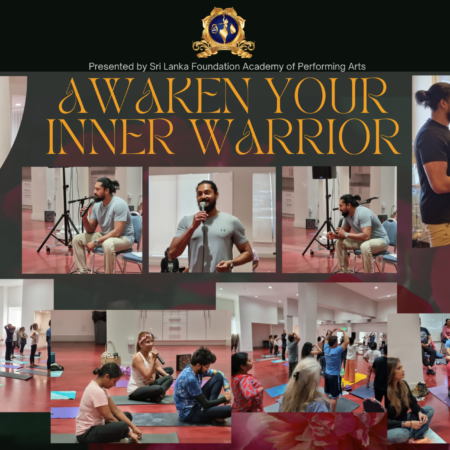‘Civil Society’s Role in Conservation’ will be the focus at the Wildlife and Nature Protection Society’s Monthly Lecture to be presented by Dr. Sumith Pilapitiya on 22 September at 6 p.m. at the Dutch Burgher Union (DBU), 114, Reid Avenue, Colombo 4 (Thunmulla Junction)
Sri Lanka, with the highest biodiversity per unit area in Asia, is considered a global biodiversity hot spot. A recent survey finds that 33% of inland vertebrate fauna and 61% of its flora are nationally threatened. Around two-thirds of the threatened biodiversity is endemic to Sri Lanka.
Twenty-one species of endemic amphibians have not been recorded during the past 100 years and these can be presumed extinct. One in every 12 species of inland indigenous vertebrates is currently facing an immediate and extremely high risk of extinction in the wild. Statistics suggest that Sri Lanka had the fifth highest rate of deforestation (15%) in the world during the period 2000-2005.
There is a lack of political commitment for conservation. Rhetoric, which is cheap, is plentiful on the importance of conservation, but meaningful action is rarely seen. As a result, development pressures are leading to irreversible loss of these valuable natural resources which are economic assets of the country.
Considering the politicisation of the public service over the last several decades where political priorities prevail over national priorities, expecting the custodians of our natural resources—the conservation agencies—to take the leadership in driving the conservation agenda is unrealistic because professionalism is unrewarded in today’s public service.
Civil society and civil society organisations (CSOs) in Sri Lanka have been playing an effective “watchdog” role in conservation. But the time has come for CSOs to play a more substantive role if we want to protect the natural heritage of this country for future generations.
The time is right and the time is now, for CSOs to transition from its traditional role to becoming the driving force behind the conservation agenda in Sri Lanka. Therein lies the challenge – how do we drive governments with short term interests towards prudent management of the country’s natural assets?
Dr. Sumith Pilapitiya has a PhD in Environmental Sciences from Rutgers University, in New Jersey. He joined the World Bank and was a Lead Environmental Specialist for the South Asia Environment and Natural Resources Unit of the World Bank. He has led Biodiversity and Wildlife Conservation Projects in South Asian countries, including a Regional Wildlife Project focusing on the conservation of flagship species such as the tiger, elephant, snow leopard and one-horned rhino in Bangladesh, Bhutan, and Nepal.
He has worked on environmental institutional development projects in South Asian countries, strengthening the institutional capacity of the relevant statutory conservation organisations, including the Department of Wildlife Conservation in Sri Lanka.
Most recently, Dr. Pilapitiya was the Director General, Department of Wildlife Conservation. He has personal research interests in elephant conservation and addressing the human-elephant conflict, and has been working on elephant social behaviour in the Yala National Park and the surrounding landscape.






















